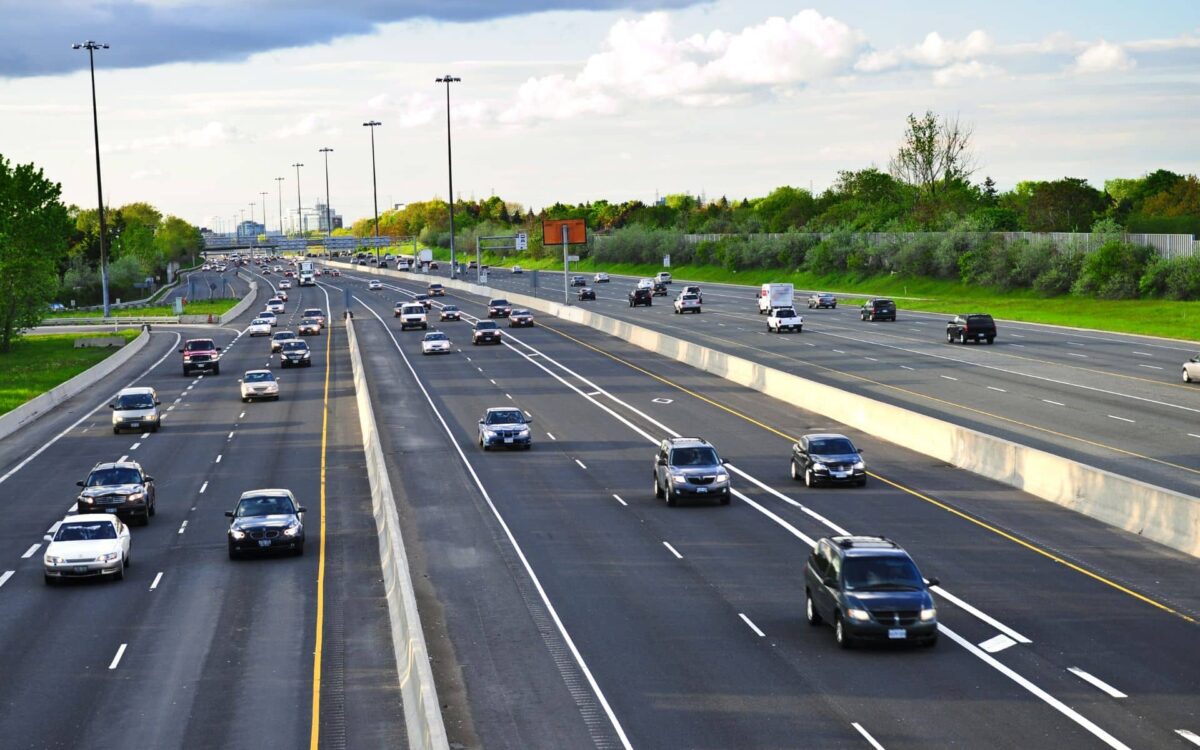The UK is considering a groundbreaking shift in its car tax system, moving from a traditional annual fee to a pay-per-mile scheme that could make road taxation fairer for motorists. This system is designed to address the inequities of the current structure, where drivers pay the same tax regardless of how much they actually use public roads.
Understanding the Pay-Per-Mile System Proposal
Tim Wray, a spokesperson from the technology firm Kapsch, recently revealed plans for an innovative road pricing model that could potentially replace the existing car tax system. According to Wray, the proposed scheme would utilize advanced satellite technology to track vehicle mileage and calculate tax based on the actual distance traveled.
This system aims to be more equitable, ensuring that those who drive less pay less, aligning road tax more closely with usage. Additionally, the flexibility of the proposed system is designed to address privacy concerns—a significant hurdle in previous discussions about mileage-based taxes.
Adaptable Tax System : Tim Wray’s Approach to Privacy and Choice
Tim Wray from Kapsch offers a flexible solution for those concerned about privacy in the new pay-per-mile tax system. For drivers hesitant about satellite tracking, he proposes an alternative that uses only the car’s odometer to measure mileage.
“You could have an opt-in system. One way of delivering all of this could be making it non-mandatory,” Tim explained during an exclusive interview with Express.co.uk. He added: “The simple odometer system. You could say ‘do you know what if you want that, you can still have that’.” Moreover, he mentioned: “But if you want potentially all of the benefits of what we are talking about in a more nuanced system you can have that as well.”
This flexibility underscores the system’s aim to cater to various user preferences and concerns, providing options that range from simple to sophisticated.
- Satellite Tracking : Utilizes GPS technology to monitor the distance traveled by each vehicle, allowing for precise tax calculations.
- Odometer-Based Reporting: Offers a simpler, privacy-friendly alternative where taxes are calculated based on annual odometer readings.
- Opt-In Flexibility: Motorists can choose between the high-tech approach or the simpler odometer method, depending on their privacy preferences and technological comfort.
Benefits of the Pay-Per-Mile Taxation Approach
The new pay-per-mile system is not just about changing how tax is calculated; it represents a shift towards treating road usage as a service, where you pay according to how much you use. This could lead to several benefits :
- Fairness: Drivers who use roads less frequently would pay less, making the system fairer compared to the flat annual tax.
- Efficiency: Encourages more efficient use of roads and can potentially reduce traffic congestion.
- Environmental Impact: May incentivize the use of public transport or carpooling, leading to lower emissions.
Implementation Challenges and Considerations
Despite the potential benefits, the implementation of such a system poses significant and multifaceted challenges. Implementing a pay-per-mile system requires careful consideration of technological, privacy, and regulatory aspects to ensure it aligns with public expectations and legal frameworks.
- Privacy Concerns: The use of satellite tracking raises privacy issues, although the opt-in nature of the system aims to mitigate these concerns.
- Technological Barriers: Requires widespread adoption of technology in vehicles and road infrastructure.
- Public Acceptance: A previous poll conducted by Express indicated that 87.36% of participants were concerned about privacy with the use of tracking technology.
Economic and Regulatory Implications of the Pay-Per-Mile System
The adoption of a pay-per-mile tax system also involves intricate economic and regulatory considerations. These factors necessitate careful planning and broad-based consensus:
- Economic Impact: Changes in the tax system could alter vehicle ownership costs and influence driving behaviors.
- Regulatory Hurdles: Adjustments in legislation and enforcement mechanisms are needed to ensure a smooth transition.
- Data Security: Ensuring the protection of motorists’ data is crucial to gain public trust.
- Tax Evasion Risks: Addressing potential loopholes is vital to maintain the integrity of the tax system.
The proposed pay-per-mile car tax system by Tim Wray represents a bold step towards reforming road taxation in the UK. By addressing both fairness and privacy concerns, this system could transform the way motorists view and pay their road taxes.










What would happen when driving in mainland Europe?